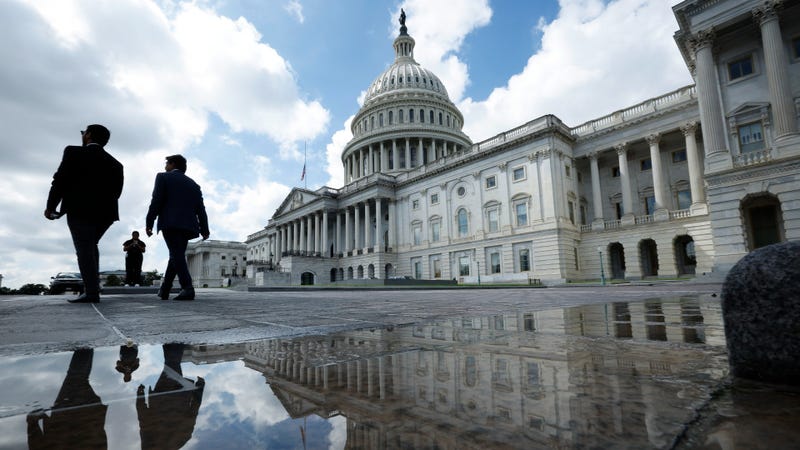
A group of bipartisan U.S. senators has introduced legislation that would protect rural veterans’ access to quality, lifesaving emergency medical care and transport.
In a joint statement, Senate Veterans Affairs Committee Chairman Jon Tester (D-Mont.), Ranking Member Jerry Moran (R-Kan.), Sens. Patty Murray (D-WA), and John Boozman (R-Ark.) said their VA Emergency Transportation Act would bar the Department of Veterans Affairs from reducing rates of pay and reimbursement for special mode transportation providers, including ground and air ambulances unless VA meets certain requirements that ensure rate changes will not reduce veterans’ access to this essential service.
VA finalized a proposed rule change in February that would bring special mode transportation service rates far below the actual costs of these services. The changes are slated to go into effect in February 2024.
Moran called it critical that VA continue to provide fair reimbursements for emergency transportation services so veterans, particularly those in rural areas, have no barriers standing between them and the health care they need.
“VA’s recent rule-making threatens to upend access to care for veterans and all Americans by disrupting the air and ground ambulance industry from coast to coast,” he said. “This legislation would put a stop to that by establishing commonsense parameters for VA to follow when setting air ambulance reimbursement rates to make certain veterans across the nation receive lifesaving care when they need it most.”
The rule change comes despite opposition from Congress, providers and Veteran Service Organizations, the lawmakers' statement noted. They argue that rate reductions could cause emergency transportation providers to severely reduce services, close bases, or even bill veterans for the remainder of their costs in order to shoulder the financial impacts of this change.
“In rural states like Montana, emergency air and ground transportation is a lifeline for veterans who can easily find themselves a long way from a hospital when a medical emergency happens,” said Tester.
The legislation requires VA to conduct a thorough review of the impact a change in rates would have on veterans’ access to care and to consult industry experts, Centers for Medicare and Medicaid Services, appropriate VA subject matter experts, and VSOs when conducting the review.
VA would also be required to develop a formal process of updating the rates that protects or expands veterans’ current access to emergency transportation; and ensure the new rates reflect the actual costs of transportation under the measure.
The legislation is being supported by the Wounded Warrior Project, Paralyzed Veterans of America, The American Legion, and the Veterans of Foreign Wars.
“Having access to VA’s Special Mode of Transportation is the only way many veterans can safely get to their VA and authorized non-VA medical appointments,” said Heather Ansley, chief policy officer of Paralyzed Veterans of America.
Go here to read the legislation.
Reach Julia LeDoux at Julia@connectingvets.com.
